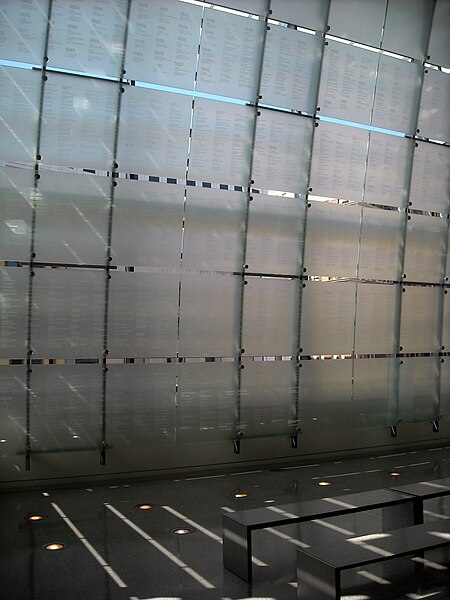The day was chosen to mark the anniversary of the Declaration of Windhoek. Written two decades ago in 1991 by African newspaper journalists who had experienced intimidation, imprisonment and censorship for performing their jobs, this statement of press freedom principles calls for independent and pluralistic media throughout the world. The declaration also asserts that freedom of expression is more than a fundamental human right: A fully independent press is also essential for a successful democracy to flourish.
The United Nations Educational, Scientific and Cultural Organization (UNESCO) marks World Press Freedom Day each year with a conference that brings together media professionals, press freedom organizations and UN agencies to discuss the state of press freedom worldwide and solutions for how to address the difficulties. For the first time ever, the 2011 World Press Freedom Day conference is being hosted by the United States. It began on May 1 in Washington, D.C. and continues through today.
The theme of this year's event is "21st Century Media: New Frontiers, New Barriers". Its aim is to re-affirm basic principles of media freedom in the digital age, 20 years after the original declaration was made in Windhoek, Namibia, to address print publishing and long before the Internet, mobile phones and social media were ubiquitous. More and more, "citizen journalists" are playing a major role in reporting the news, especially in the Middle East and North Africa.
The timing of World Press Freedom Day this year is significant in light of recent events during which several notable journalists, media assistants and "netizens" lost their lives or were imprisoned while trying to gather information in war-zones. As of the time this post was published, 18 journalists and 2 media assistants have been killed and 151 journalists, 9 media assistants and 128 netizens have been imprisoned, according to figures tracked by Reporters Without Borders.
Reporters Without Borders has also released its 2011 list of predators of press freedom. Most notably, some people are missing this year compared to the 2010 list due to citizen rebellions. The first to go was Tunisia’s President Zine el-Abidine Ben Ali, who was forced to step down in January.
Other predators such as Yemen’s Ali Abdallah Saleh, who has been overwhelmed by the wave of protests sweeping his country, or Syria’s Bashar al-Assad, who is responding with terror to his people’s democratic aspirations, could also fall. And what of Muammar Gaddafi, the Guide of the Revolution, now the guide of violence against his people, a violence that is deaf to reason? And Bahrain’s King Ben Aissa Al-Khalifa, who should one day have to answer for the deaths of four activists in detention, including the only opposition newspaper’s founder, and the vast repressive operation against pro-democracy protesters?
Freedom of expression has been one of the first demands of the region’s peoples, one of the first concessions from transitional regimes, and one of the first achievements, albeit a very fragile one, of its revolutions.See the full list of all 38 predators to press freedom from Reporters Without Borders site.
About the image: Located in the Newseum in Washington, D.C., the Journalists Memorial pays tribute to reporters, photographers and broadcasters who have died reporting the news. The names of 2,007 individuals from around the world are etched in its glass currently. The memorial is rededicated each year to add the names of journalists who lost their lives in the preceding year.

No comments:
Post a Comment